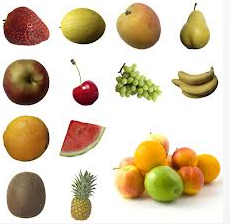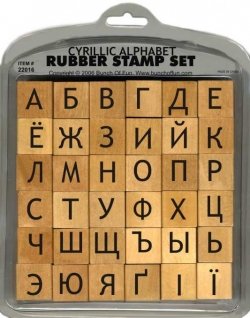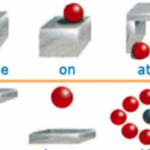 A few months ago, I put together a workshop at the University of Vienna on language learning. It was kind of a monster; we started at 9am on a Saturday and ended a bit after 7pm, with a 1 hour lunch break. 9 hours of teaching in a day. By the end, everyone was naturally a bit wiped out, but we had so much fun. I really like teaching in that format, and all the attendees really liked learning this stuff. The feedback forms were just overwhelmingly positive, and aside from a few suggestions to split the material into a 2-day workshop, it seems like we landed on a really good format for teaching my whole method in a weekend.
A few months ago, I put together a workshop at the University of Vienna on language learning. It was kind of a monster; we started at 9am on a Saturday and ended a bit after 7pm, with a 1 hour lunch break. 9 hours of teaching in a day. By the end, everyone was naturally a bit wiped out, but we had so much fun. I really like teaching in that format, and all the attendees really liked learning this stuff. The feedback forms were just overwhelmingly positive, and aside from a few suggestions to split the material into a 2-day workshop, it seems like we landed on a really good format for teaching my whole method in a weekend.
So I want to do this a lot more often.
Starting today, I’m planning two 2-Day workshops in Los Angeles for mid July, along with another 2-Day workshop in Vienna in November. I’m also interested in doing some East Coast workshops in August/September/October, though I don’t have quite the same network there as I do in Los Angeles/Vienna, so those are a little more tentative. But honestly, if I can drum up enough interest (let me know!), I’d happily flit around the world putting on workshops all the time. It’s fun to teach this stuff.
Anyway, you’ll find all the details, along with a fancy video with clips from the Vienna workshop and comments from the feedback forms at the new Workshop section of the website. If you want to attend one, but I’m not offering one in your area, let me know. If I get enough interest in a certain region, I may set one up near you.






 In most grammar classes and textbooks, you learn words in groups. You might learn about animals on one day and fruits the next. This is comfortable, both for language teachers and students. Your teacher gets to have a clear lesson plan (today is about numbers), and you get to accomplish something (today, I learned the numbers!).
In most grammar classes and textbooks, you learn words in groups. You might learn about animals on one day and fruits the next. This is comfortable, both for language teachers and students. Your teacher gets to have a clear lesson plan (today is about numbers), and you get to accomplish something (today, I learned the numbers!).




 A few months ago, I did an hour-long interview with Stephan Si-Hwan Park at his
A few months ago, I did an hour-long interview with Stephan Si-Hwan Park at his 

